Description
Poetry. Frances Driscoll’s RAPE POEMS sink into the horror and beauty of memory without attention to pretense. The poems refuse to relent from the poet’s sense of unshakable reality and do not belabor themselves with the trivialities of a misunderstanding world. Described as a “compelling…rare” collection, THE RAPE POEMS is personal reportage in common language with alarmingly precise composition and artistry.
“Harrowing and obsessively skeptical, tender and private and hugely humane, these unsettling poems arrive like dispatches from the very source of our wounds” -Ralph Angel
“It is impossible to praise this book too much – its power, maturity, sorrow, and fierce resistance. This book should be required reading in America.” – Poet Lynn Emanuel
Frances Driscoll is the author of two books of poems. She lives in Atlantic Beach, Florida. In addition to praise as poetry, Driscoll’s work has been used by trauma therapists, social workers, and sexual assault awareness trainings for the U.S. Air Force and U.S. National Guard. Her work is taught in a number of schools in a variety of disciplines, adapted for several stage productions, and is the subject of Justine Gieni’s University of Regina English master’s thesis, “Hysterical (r)evoluton: The Creation of Embodied Language” and Amy Griffiths’ University of Minnesota English Ph.D. dissertation, “In a Shattered Language: a feminist poetics of trauma.” You can hear Driscoll read some of The Rape Poems and Seaglass Picnic poems at Mark Ari’s website, Eat-Magazine.com.
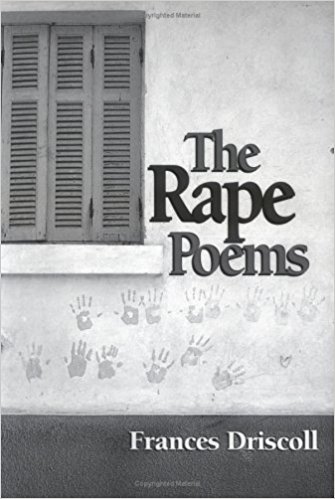
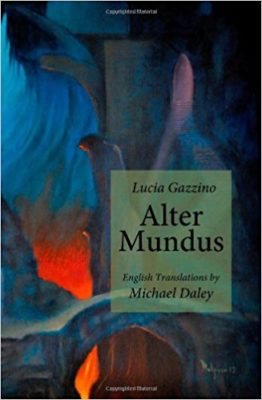
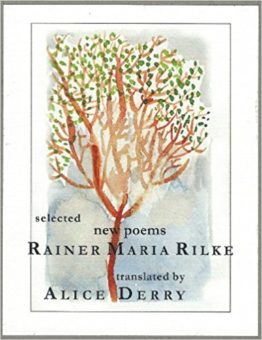
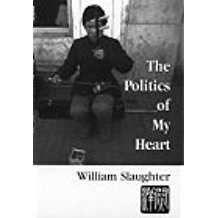
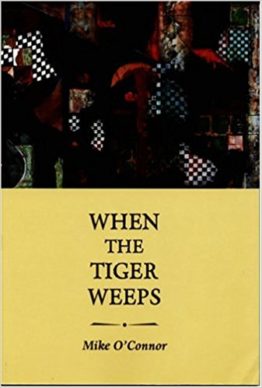
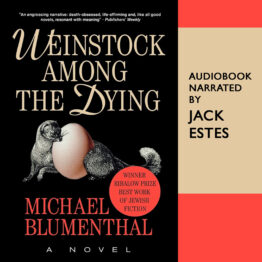
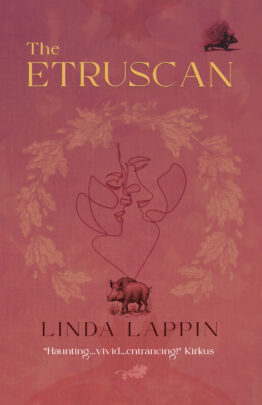
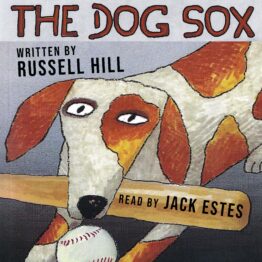
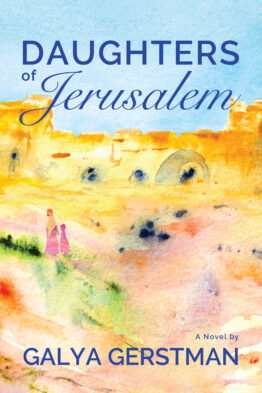
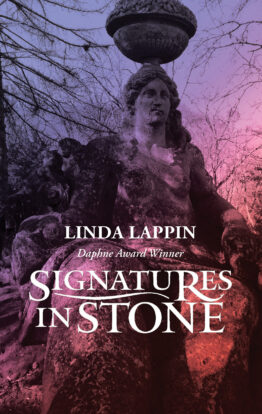
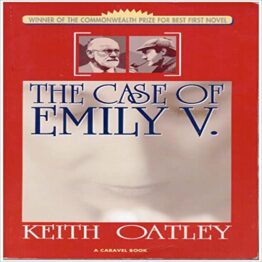
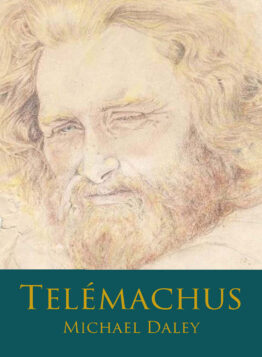
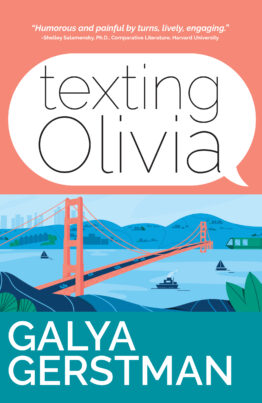

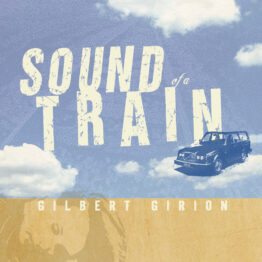
Mike Bregoli , Class of 2001 WPI –
I didn’t know quite what to expect when I attended Frances Driscoll’s Wednesday night, March 21, reading at WPI….Driscoll amazed me as she read quietly, but with intense emotion. Instead of a poetry reading, it was like she was acting out a scene in a play or reliving her trauma in a conversation with a friend or a therapist. After the reading, someone asked if she was a drama major, because she read so well. His thoughts echoed my own. Even more so than usual, the experience I got from this reading was far more potent then reading the poems out of the book.
All of the poems from the reading came from Driscoll’s book “The Rape Poems.” As implied by the book’s title, all of the poems read by Driscoll shared rape as a common theme. Subject matter included the actual act of rape itself, the thoughts and feelings of both the victim and the perpetrator, and the long-term effects that follow the incident. Driscoll opens up a window into the life of a rape victim, and the results are intense. The Rape Poems is the poetry equivalent to a horror movie. I think Driscoll may have caught me squirming in my seat a few times in reaction to the vivid details she describes. These poems may not be for the squeamish but they are both powerful and moving.
The gruesome details are one of the reasons Driscoll’s poems are so powerful. Driscoll notes that usually we describe events leading up to the event and the trauma and troubles a women experiences after a rape, but the actual act of rape itself is rarely discussed. A women will usually just say “and then he raped me,” which doesn’t fully express the horror of the experience.
One of the more chilling poems Driscoll read is “Vocabulary Words.” This piece describes a rape in its entirety from begin to end in the third person. After describing the terror in searing detail, the poem ends with the following lines: “When he leaves he leaves her / alive. When he leaves he leaves her a five-dollar bill. / When he leaves he leaves her in such good condition / when people say did he hurt you, she can honestly say, / No. He did not hurt me.” Driscoll commented that the first question always asked of a rape victim is: “Did he hurt you?” After Driscoll’s reading, it seems strange to think that a rape victim could honestly answer no to that question.
Paul Mariani –
“Though hers is a landscape one would think would be strewn with the landmines of sentimentality and self-pity, there is never a false step here as she guides us through her nightmare. Of how many books of poetry can one truly say, ‘I could not put this book down until I’d read it through to the end’? This is one of those rare books.”
Jack Estes, Former Publisher –
I had the honor of publishing this book of Frances’ in 1997, a book based on her own experience of having been raped. She has read from it all around the country at colleges and community events and women’s rights organizations. It has been used in several classes as a required text. I have heard Frances read from this book several times, and her readings leave audiences stunned.